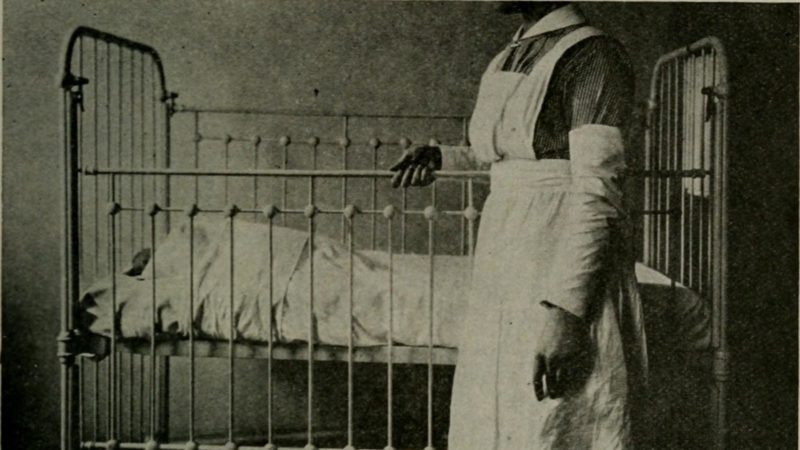In 1966, seven years before Roe v. Wade was decided, Roz Doneen missed her period. She was fifteen. Her parents pulled her out of high school and sent her twenty miles from where she lived in upstate New York to what she believes was a foster home, though it was never identified as such. There were other children staying there, but she was the only pregnant one.
Roz, who is now seventy and lives in Tacoma, Washington, stayed at the home for most of her second and third trimesters. During this time, no one said a word about the sea change taking place inside her body — the deluge of hormones slackening ligaments, enlarging her uterus, cultivating milk ducts, and swelling her breasts, newly veined and with larger, darker areolas. No one prepared her for what would happen when the baby was ready to be born.
She passed those months taking solitary walks and sewing dresses for herself, all the while her body growing bigger, her breasts more tender.
When the time came to deliver the baby, Roz underwent an emergency cesarean section, though as she told me, she doesn’t know why. She thinks she was close to her due date, but she can’t be sure. She doesn’t remember her water breaking. Maybe she went into labor and couldn’t progress. Maybe her fifteen-year-old hips, which wouldn’t be fully developed until after she reached the age of twenty-five, weren’t wide enough to let a baby through. No one explained what was happening to her, so she’ll never know.
Afterward, Roz rode home with her mother in silence, the wound across her abdomen furiously trying to reknit itself. Her uterus contracting painfully in order to shrink back down to size. Her sore breasts leaking colostrum, which soaked through the printed green sheath dress she had sewn herself.
Two weeks later, still engorged with milk, she signed the papers that officialized the adoption. No one spoke of it again.
I left my own baby — a baby I wanted and planned for — for just three days when he was very small. I was well into adulthood and had the benefit of weekly emails that informed me in granular detail what was happening, both inside my body and with regard to my baby’s development. And I still didn’t know that this brief separation was a mistake. I brought a breast pump, but without him — the smell of his peach-fuzzed head, his tiny sucking mouth and kneading hands — my breasts refused to let the milk down. They became so laden and heavy, glands writhing under the delicate skin, that my shoulders bent with the weight of them. Hunched over the sink in my hotel room, I squeezed my scabbed-over nipples, each duct capped with a milky stopper. I was frantic with pain until my child and I were reunited.
When I think about that time, and about Roz’s experience, I am struck by how the body behaves — by what it knows, and what it doesn’t. One’s body does not know whether or not a pregnancy is wanted. It prepares and proceeds. And whether or not there is a baby to hold afterward, the body remembers it has given birth. The body never lets you forget.

